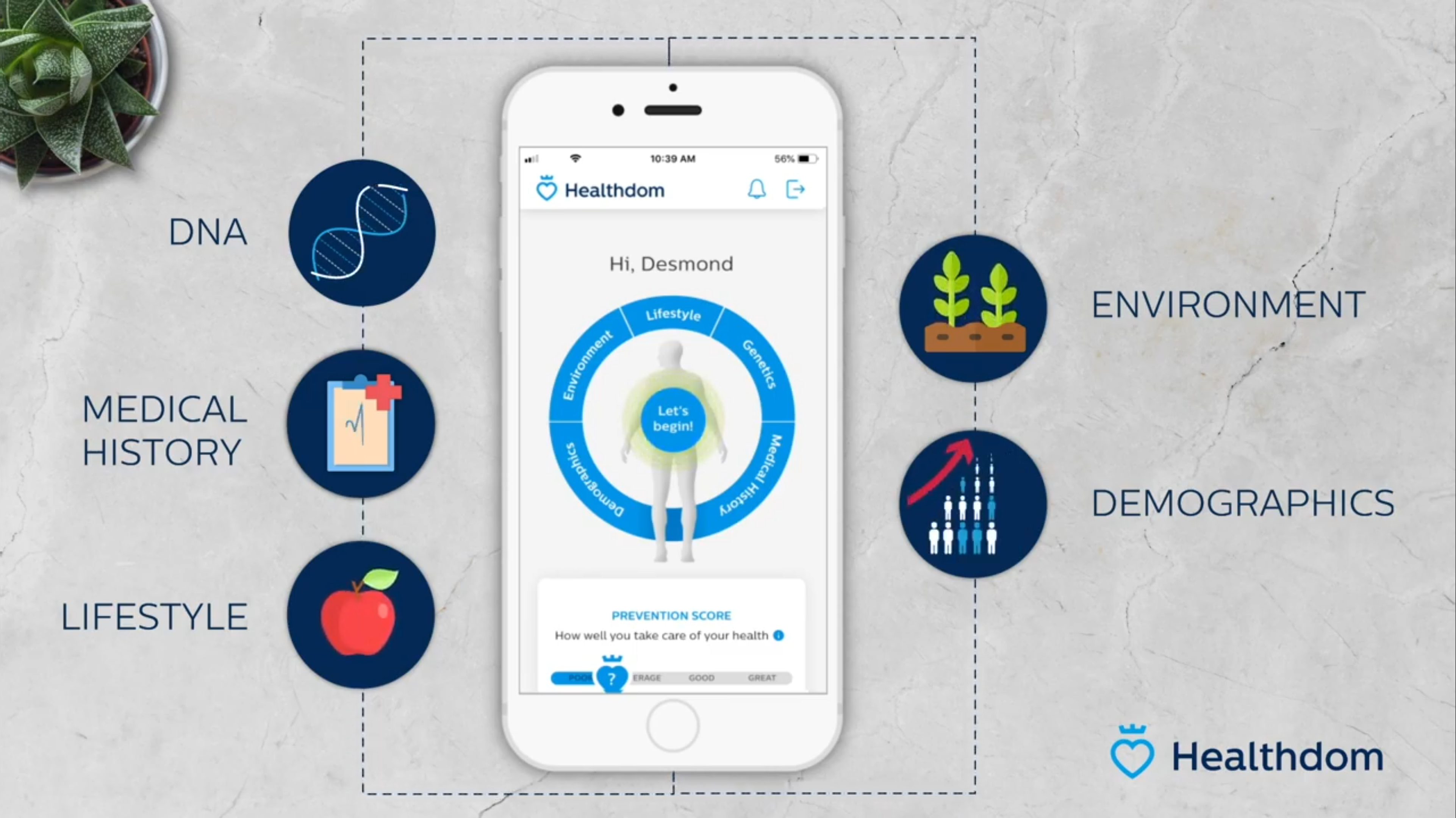They are rich in nutrients, loaded with vitamins, minerals, and fiber, and just delicious. Is it true that you can overeat fruit even though it has so many health benefits?
To begin, unless our doctor suggests otherwise, you should eat at least one piece of fruit every day. Fruits contain a lot of nutrients and hence play a significant part in our diet. Raspberries, bananas, berries, and cherries are abundant in vitamins, minerals, and fiber, especially when eaten with the peel, as do apples and pears.
The key words to making healthy decisions about fruit are 'moderation’ and 'diversity’. Each fruit contains a different proportion of useful components, as well as a different number of calories. Consider the difference between a banana (120 calories) and a bunch of raspberries (30 calories). The biggest disadvantage of fruits is their high fructose, or natural sugar content.
Fructose: Is It Healthy? And Can It Be Harmful?
Fruits, vegetables, and honey contain fructose, commonly known as simple sugar. When it comes to fruits, pears, grapes, apples, berries, plums, and dried fruits have the most fructose. In effective weight management strategies fructose is regarded as useful. When experts began to examine more closely at the nutritional worth of fruit, their perspective began to shift.
As sugar prices rose in the United States in the 1950s, it was discovered that fructose is sweeter and less expensive to produce than sucrose. Necessity began to drive market innovation as glucose-fructose syrup began to appear in a wide range of foods, including cold cuts, drinks, and sweets. As fructose became more popular, researchers began to question whether it was as healthy as previously believed.
The conclusions they reached were not surprising. It turns out that eating too much sugar from fruits can lead to a variety of illnesses, the most serious of which are obesity, diabetes, and heart disease. Although the majority of the research has focused on processed fructose, which should be avoided, it is important to remember that fruits should not be consumed in excess. Especially those with the highest fructose content.
However, giving up fruit entirely is not entirely optimal for your health. Studies show that fruits are not harmful; on the contrary. However, it is important to be mindful of how much fruit and in what form you consume. Fruits contain fructose, but they also contain essential vitamins, minerals, and fiber; foregoing these benefits in the name of health would be a mistake.
Choosing the whole fruit over the juice is unquestionably preferable. Fresh, cold-pressed juices are the best to choose because they retain the majority of the fiber and nutrients. you should proceed with caution when sweetening juices with glucose-fructose syrup, which is widely available in supermarkets.
When Is It Better Not To Reach For Fruit?
To answer this question, you need to consider if and when a disease where too much of a particular ingredient may be harmful. Because of their high fiber content, apples and oranges should be avoided by people with bowel diseases.
Bananas and dried apricots are examples of fruits with high potassium content that patients with heart or kidney disease are advised to limit. It is recommended for those following a low-calorie diet to avoid fatty fruits like mangoes, bananas, dates, raisins, and grapes. The latter can contain up to 30 teaspoons of sugar in a single large serving!
Additionally, those who have allergies should consult a doctor for guidance on the types and amounts of fruit to eat.
When Should You Reach For Fruit?
The conclusions are simple: if you are healthy, fruit should be treated as a dietary supplement rather than something you eat carelessly. They can be a tasty addition to a second breakfast or a variety of meals, and they can serve as a healthy substitute for sweets.
The Four Do’s For Eating Fruit
- Do: consume them in their natural state;
- Do: Eat fruit for lunch; especially when combined with yogurt or muesli to make the meal more filling. Additionally, yogurt, cereals, kefir, or nuts enable you to prevent a sharp rise in blood sugar levels;
- Do: eat fruit 15 minutes before a main meal, but it comes at a risk as in comination is discouraged to eat them after due to the fact that such a combination generates flatulence and gas;
- Do: It is beneficial to rinse your mouth with water after eating citrus and wait an hour before brushing your teeth, particularly if the tooth’s cervix has been exposed. Lemon, orange, and grapefruit acids overdigest the tooth enamel, and using a brush with hard bristles to scrub them only makes matters worse.
The Four Dont’s For Eating Fruit
- Don’t: Eat them on an empty stomach as they cause irritation of the stomach’s walls by increasing the production of stomach acid;
- Don’t: Eat fruit in the late afternoon or evening because the metabolism slows down then and the sugars will be stored as adipose tissue;
- Don’t: Eat fruit between meals – a sudden fluctuation in glucose levels creates a risk of snacking;
- Don’t: Fruit can be eaten up to 15 minutes before a main meal, but doing so carries a risk because it can cause gas and flatulence when combined with other foods;
If you’re looking for a healthy snack, try apples, watermelons, plums, or apricots. Experts recommend five servings of fruits and vegetables per day. It should be noted, however, that your diet should include more vegetables than fruit.




